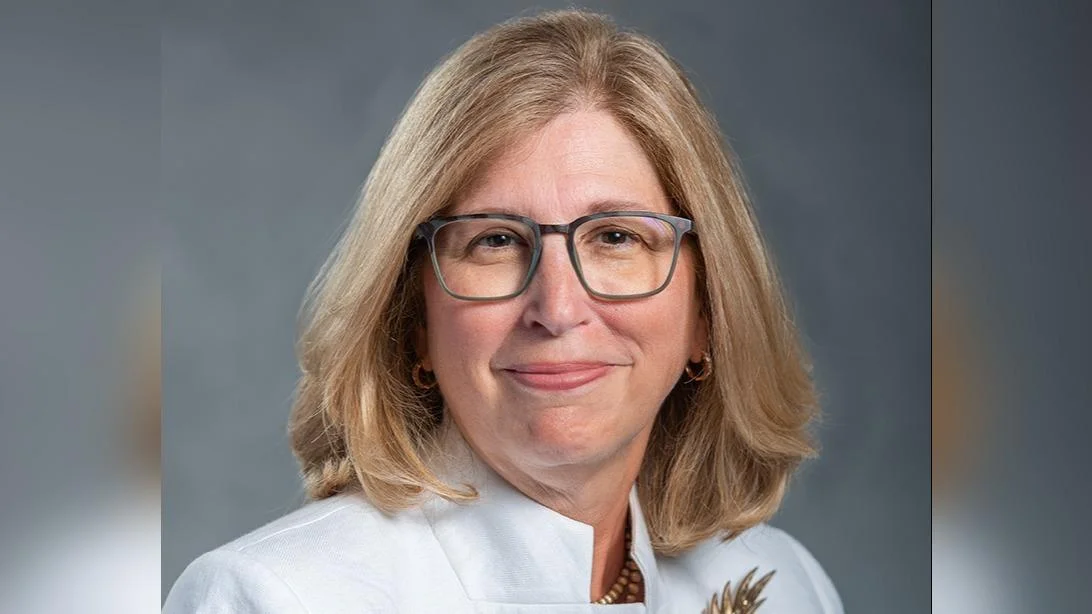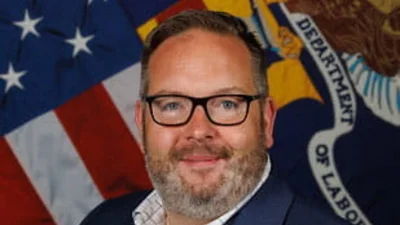Interim President Teresa K. Woodruff, Ph.D. | Michigan State University
Interim President Teresa K. Woodruff, Ph.D. | Michigan State University
A Michigan State University researcher is undertaking a study to address the issue of unpunished offenders of unsolved sex crimes in Michigan. The goal is to determine whether these offenders are apprehended and whether they continue committing crimes. The effort is part of the broader initiative to handle a backlog of untested sexual assault kits in the state.
Karen Holt, an assistant professor in MSU's College of Social Science, is focusing her research on understanding the behavior of offenders identified as suspects. Her work includes collaborating with investigators and examining patterns and criminal histories of these individuals. Holt plans to present her findings at the Ingham County Sexual Assault Kit Initiative Summit in June 2025.
The untested kits backlog has been a significant problem in Michigan. Wayne County previously discovered over 800 serial offenders by testing its backlog, with 170 individuals remaining unidentified. The hope is that similar efforts statewide will lead to holding perpetrators accountable.
In the U.S., sexual assault cases often go unreported, and prosecutions are not common even when they are reported. Untested kits exacerbate the issue by delaying justice. In 2018, Michigan submitted 3,440 untested kits for DNA testing under SAKI. Each testing costs under $1,000, but the financial burden of an assault on victims is far greater.
MSU has played a pivotal role since the Sexual Assault Kit Initiative's inception. Professor Rebecca Campbell and her team have contributed significantly to this research field. Holt is now focusing on offender behavior and investigative responses to bring further insights.
The Michigan State Police, funded by the Bureau of Justice Assistance, begin working with Holt by examining case files, DNA evidence, police reports, and criminal backgrounds to identify suspects. They will soon interview identified offenders to understand the gaps in accountability and prosecution.
“A major point of my work has been to examine what happens when offenders are not held accountable for their crimes,” Holt said. “For me, being offender-focused means putting a magnifying glass right on the person who committed the crime.”
Holt’s research underscores the consequences of unaccounted crimes and the need for criminal justice reform. She promotes collaboration between researchers and practitioners, highlighting the importance of partnerships in shifting the focus from victim blame to exploring how offenders manipulate and exploit their victims.
“I approach the study of sexual assault offenders through my research, which helps investigators. The investigators share their wealth of knowledge and experiences with me. These kinds of collaborations are critical in approaching and combatting sexual violence.”





 Alerts Sign-up
Alerts Sign-up